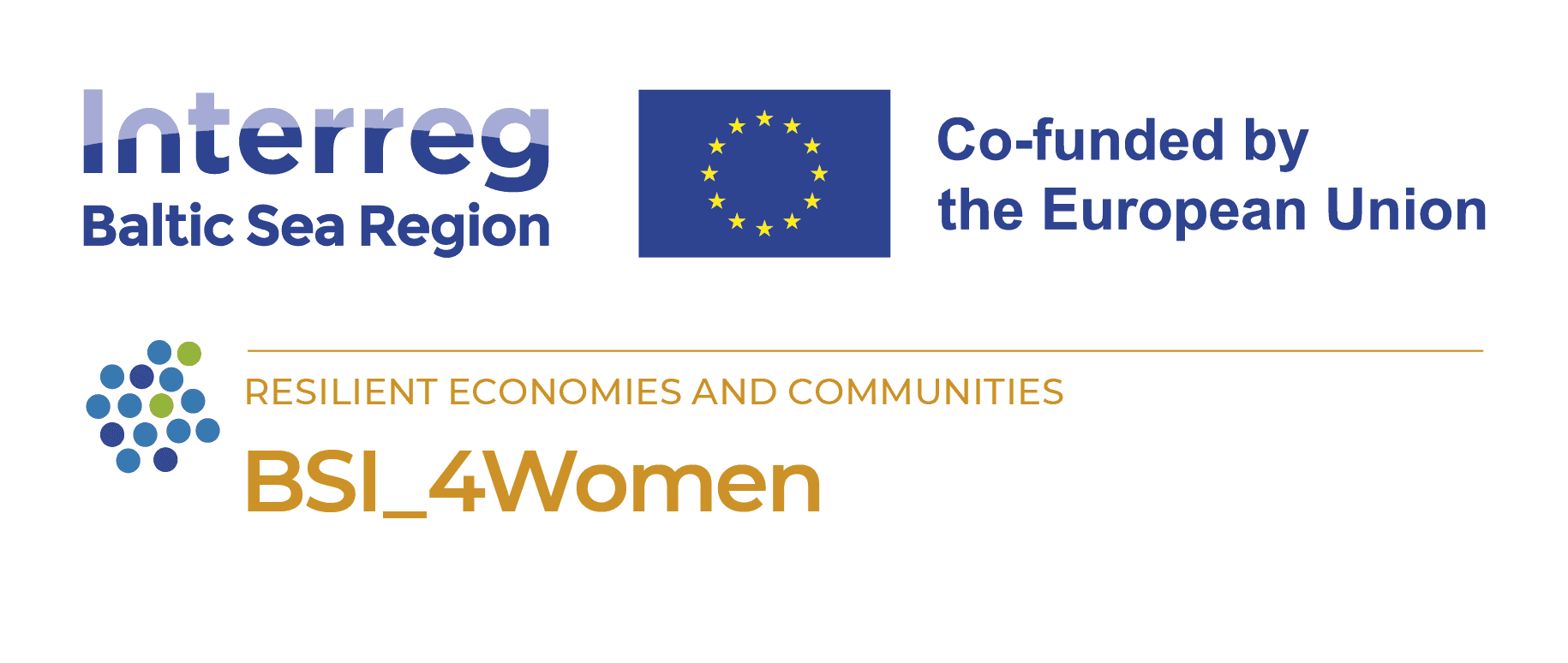
Unveiling the Aspirations of Migrant Women Entrepreneurs in Lithuania
11 April 2024
A Journey Toward Independence and Fulfillment
Lithuania, as one of the partner regions in the BSI_4Women project, has been a focal point for understanding how migrant women are striving to re-enter the labor market. The survey conducted by the project partners has been instrumental in capturing the creative potential, goals, and motivations of these women, particularly in setting up innovative business ventures.
The findings from the BSI_4Women survey reveal that migrant women in Lithuania possess a strong desire to establish their own businesses, viewing entrepreneurship as a viable route to economic independence and personal fulfillment. Despite the hurdles of displacement and the need to adapt to a new cultural and business context, these women have shown remarkable resilience and a readiness to engage with the local economy.
The Need for Tailored Support and Stakeholder Engagement in Lithuania
The survey highlights that while there is a significant interest in entrepreneurship among migrant women in Lithuania, there is also a clear need for tailored support mechanisms. These include access to business development programs, language training, and financial advice – all of which are crucial for these women to transform their innovative ideas into successful enterprises.
Moreover, the BSI_4Women project has identified the importance of local stakeholder involvement in disseminating information and encouraging participation among refugee women. By fostering a supportive ecosystem, the project aims to enhance the employment opportunities for these women through self-employment and business creation.
The Dual Path of Refugee Women in Lithuania’s Labor Market
In Lithuania, the employment status of refugee women is a mix of those actively seeking employment and those taking the entrepreneurial leap. The survey underscores the potential of these women to contribute to the Lithuanian economy, provided they receive the necessary support to overcome the barriers they face. In conclusion, the BSI_4Women survey serves as a cornerstone for this article, offering a data-driven perspective on the situation of migrant women entrepreneurs in Lithuania. It is a call to action for stakeholders to collaborate and create an environment where the dreams of these women can flourish into tangible business ventures, enriching the Lithuanian market with fresh ideas and diverse perspectives.





